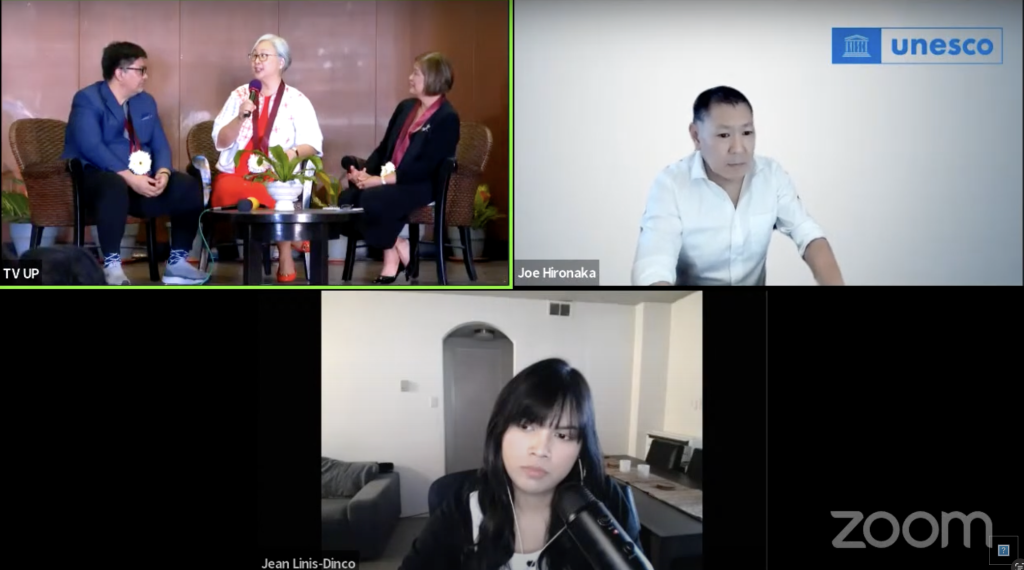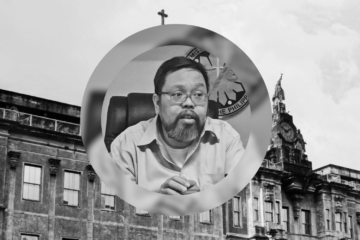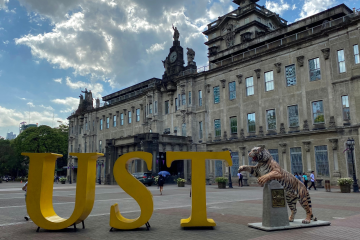
ARTIFICIAL INTELLIGENCE (AI) should be integrated with communication and media practice as it has the potential to improve journalism and research, technology experts said.
Joe Hironaka, advisor for UNESCO Bangkok Communication and Information, said journalism education should cover AI mastery since most individuals already work with it.
“Students should develop a competence and sense of urgency in relation to mastering these newsroom tools,” he said during the Philippines Communications Society’s (PCS) international symposium on AI and communication and media education last Wednesday, June 29.
Using AI tools in traditional media and citizen journalism would require the proficiency of students in ethical standards to prevent the “automation” of reporters, Hironaka said.
“Journalists are holding the line for democracy, human rights, including freedom of expression and universal access to education. And yet, journalists…are not at all immune to the destruction caused by AI,” he added.
CirroLytix Research Services founder Dominic Ligot echoed this view, saying AI could promote the productivity, creativity, research efficiency and development of newsrooms when properly used.
According to Ligot, using generative AI such as ChatGPT is more reliable in summarizing existing materials than creating original ones that are “likely not factual.”
“We need to break the existing divide between journalism and technology and embrace the potential of these tools while keeping our integrity as media practitioners,” he said.
No substitute for human intelligence
Despite the rapid development of AI, data scientist Jean Linis-Dinco said these tools are not replacements for the “uniquely human experiences” of people.
“They (AI tools) cannot come up with new ideas, they cannot dream up scenarios, and they cannot even think in abstract just like what humans do,” she said.
Dinco explained that tools like Grammarly only generate texts based on the patterns they have been trained on, not through their own understanding. She warned that overhumanizing AI can deflect accountability when issues like data privacy violation occur since there are no policies on who should be responsible for such breaches.
“These kinds of technologies are a part of and have an impact on wider systems of power, economic relations, and resource consumption. So a comprehensive understanding and critique of these technologies must take these broader issues into account,” Dinco said.
“It is crucial to recognize (AI’s) use. And its development must be guided with the principles and prioritize the well-being of the people.”
The hybrid forum titled “The Future of AI in Communication and Media Education, An International Conference” was the last installment of the four-part webinar series “AI, naku! Understanding the Impact of Artificial Intelligence on Media and Communication Education” organized by the PCS in partnership with the University of the Philippines and TVUP. F – Micah Pascua and Aljon Danniell Eguia



